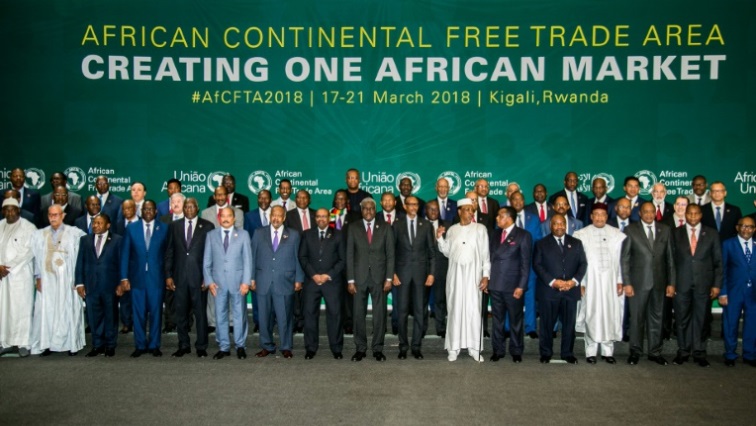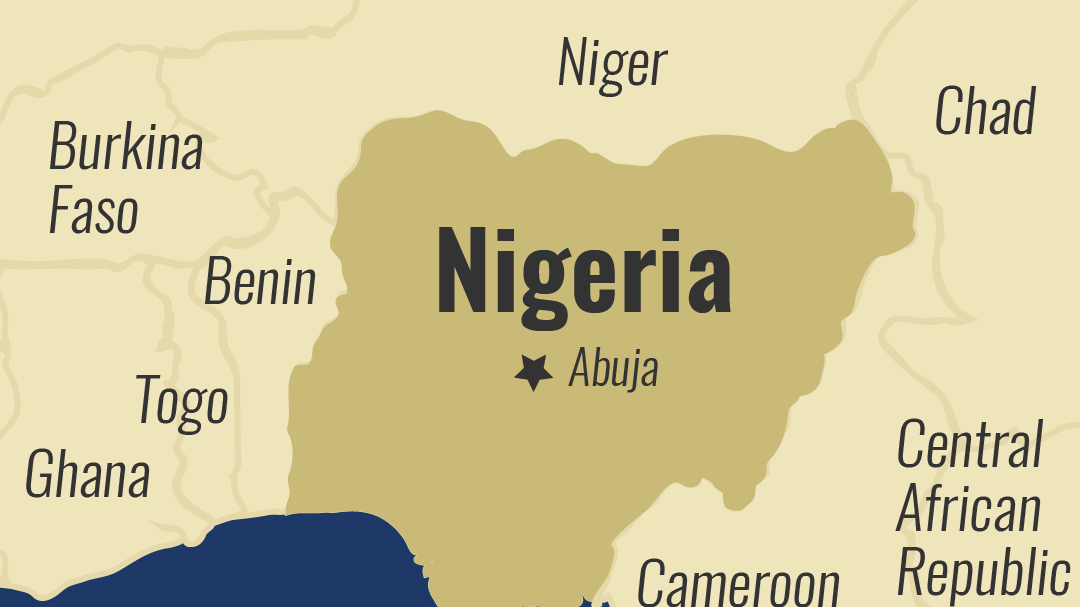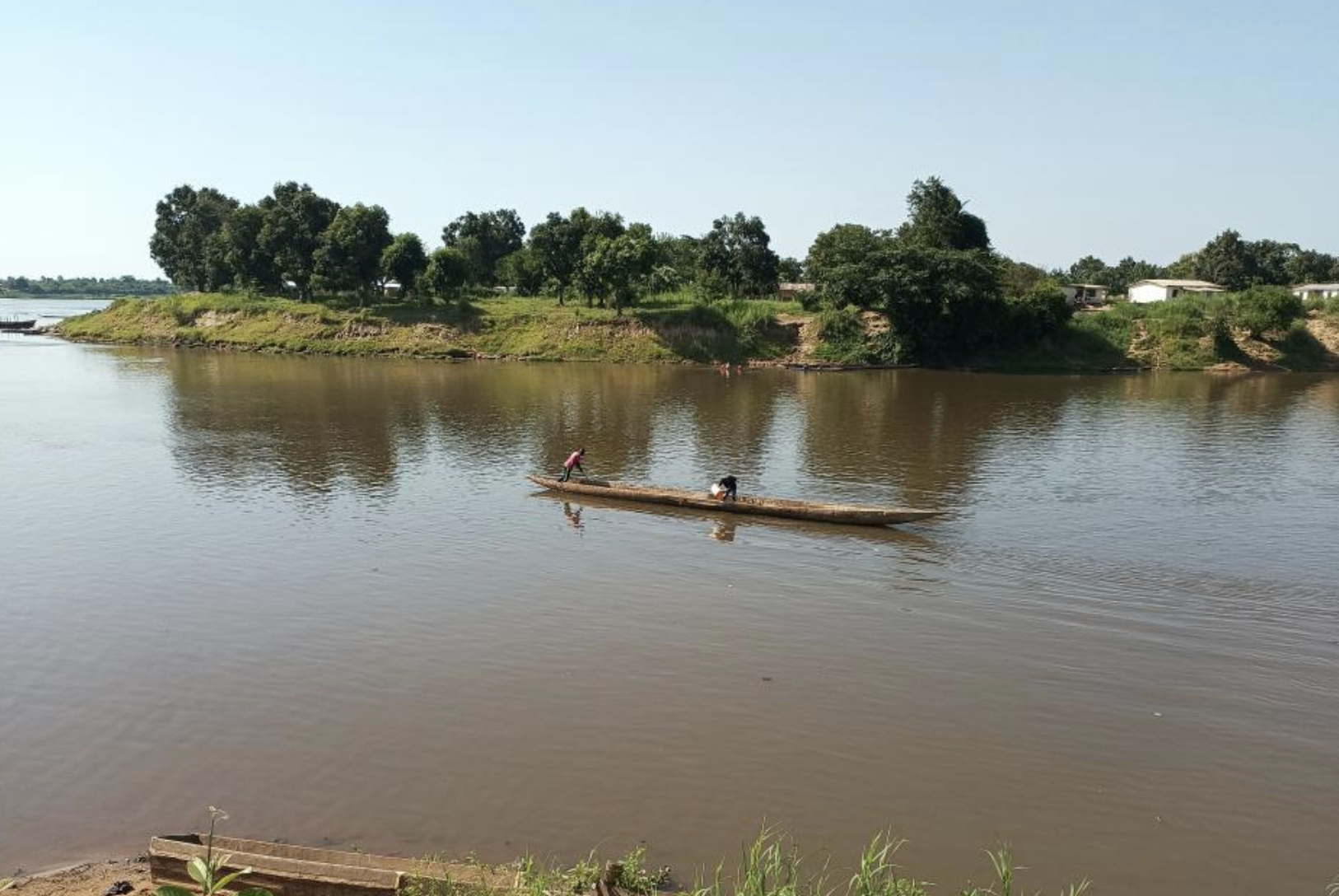
Rwanda inches closer to AfCFTA ratification

Rwanda will soon complete the ratification process of the African Continental Free Trade Area (AfCFTA) agreement and will in the coming few days submit ratification instruments to the African Union secretariat in Addis Ababa, Ethiopia.
With parliament having already passed the protocol, the agreement is in its final stages of ratification, officials said.
Speaking to The New Times, Olivier Nduhungirehe, the Minister of State in the Ministry of Foreign Affairs, said that the agreement now awaits the signature of the Head of State to complete the process.
Besides the protocol on a free trade area, parliament also passed last month the protocol on trade in services, free movement of persons, protocol on trade in goods, and the protocol on dispute settlement mechanism.
So far, only two countries, Kenya and Ghana, have completed the ratification process out of the 44 that adopted AfCFTA during the extraordinary Heads of State summit held in Kigali earlier this year.
The UN Economic Commission for Africa’s (ECA) conference has called for African nations to ratify the AfCFTA saying it is a powerful tool for driving industrialisation, economic diversification and development.
This was among the key highlights at the ongoing UN Economic Commission for Africa’s (ECA) Conference of Ministers in Addis Ababa.
The summit, which closes tomorrow, aims to advance the ambitious initiative to form a regional common market which the ECA believes could boost intra-African trade from its current level of 16 per cent to 52 per cent by 2022.
Vera Songwe, the Executive Secretary of the ECA, said that realising the promise of the AfCFTA and its development goals required the continent to take ‘bold actions’ on many fronts.
“Now we must seize the momentum at hand, to focus on how to operationalise the agreement in a manner that realises its potential to the benefit of the average African,” Songwe said
Songwe noted that among the key important and urgent actions is to create the ‘fiscal space’ to foster public and private investment, while ensuring economic diversification with the view to creating jobs.
She noted that there are still concerns that the AfCTA may cause tariff revenue losses leading to ‘holes’ in national budgets.
The AfCFTA’s impact upon taxes applied to imported and exported goods, however, would be ‘small and gradual, she clarified.
“These tariff revenue losses may be outweighed by the additional revenues from growth to be generated by AfCFTA,” she said.
African governments were also urged to take a broader review of macroeconomic policies, especially fiscal measures, in order to ensure they are ‘fit for purpose’ to make the most of the AfCFTA.
“We need to improve our levels of fiscal space. This includes boosting tax revenues, improving the efficiency of public expenditure management, tackling illicit financial flows and making use of private finance for public projects,” Songwe added.





